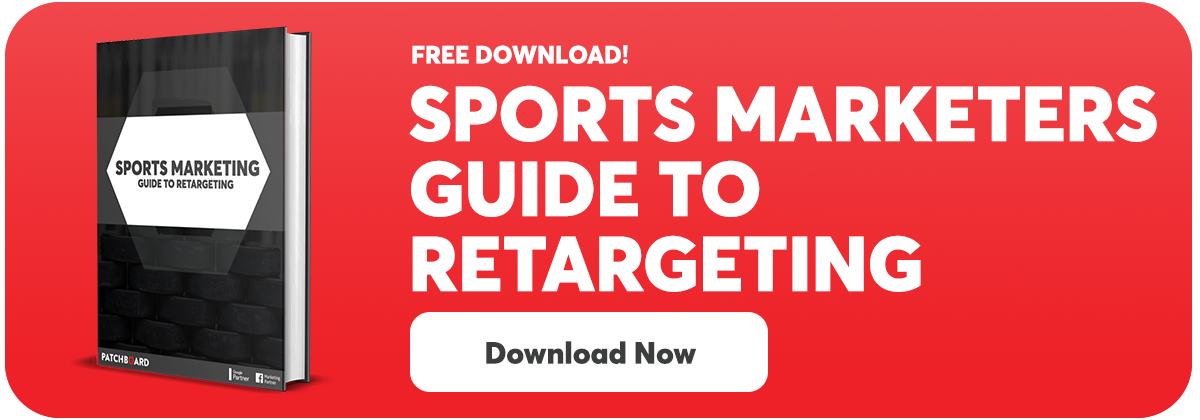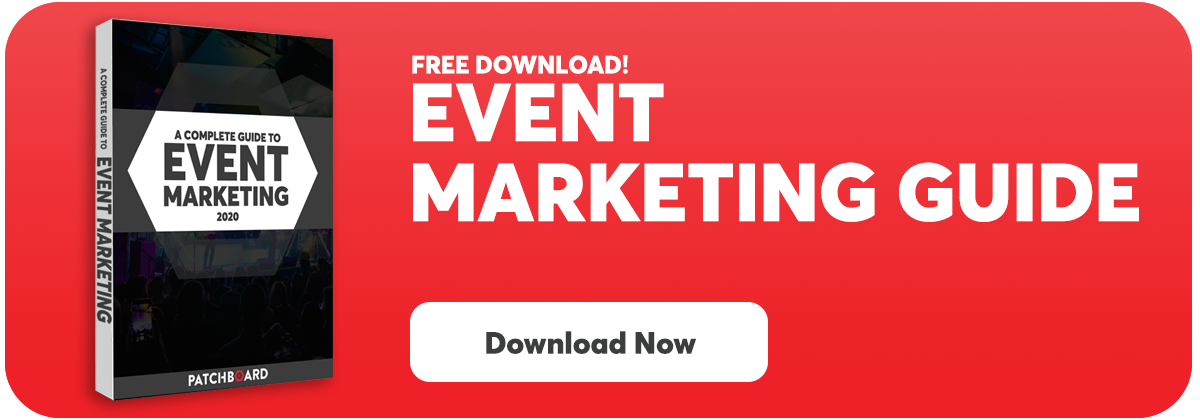If you have been in the live event business for a significant amount of time you have likely found yourself in one of the following familiar situations:
- You had a great on-sale, but ticket sales have flatlined. Your event is still 2 months out & the tour marketing person on the phone is asking you to spend some money on radio right now to “give ticket sales a jumpstart”.
- Your team is nervous after seeing weeks of slow daily counts. They ask if Groupon is a good idea to help move tickets.
- The tour manager is advancing the show & asks if there are any plans to paper the event. She wants the room to “look good” for the artist because they are really sensitive about playing to an empty room.
The live event business is full of risk. It’s perfectly normal for a promoter to scrutinize ticket counts & compare the Gross to their break-even number. As an event marketing professional you can help ease anxiety (or know when to start talking about reductions) by understanding the ticket sales curve.
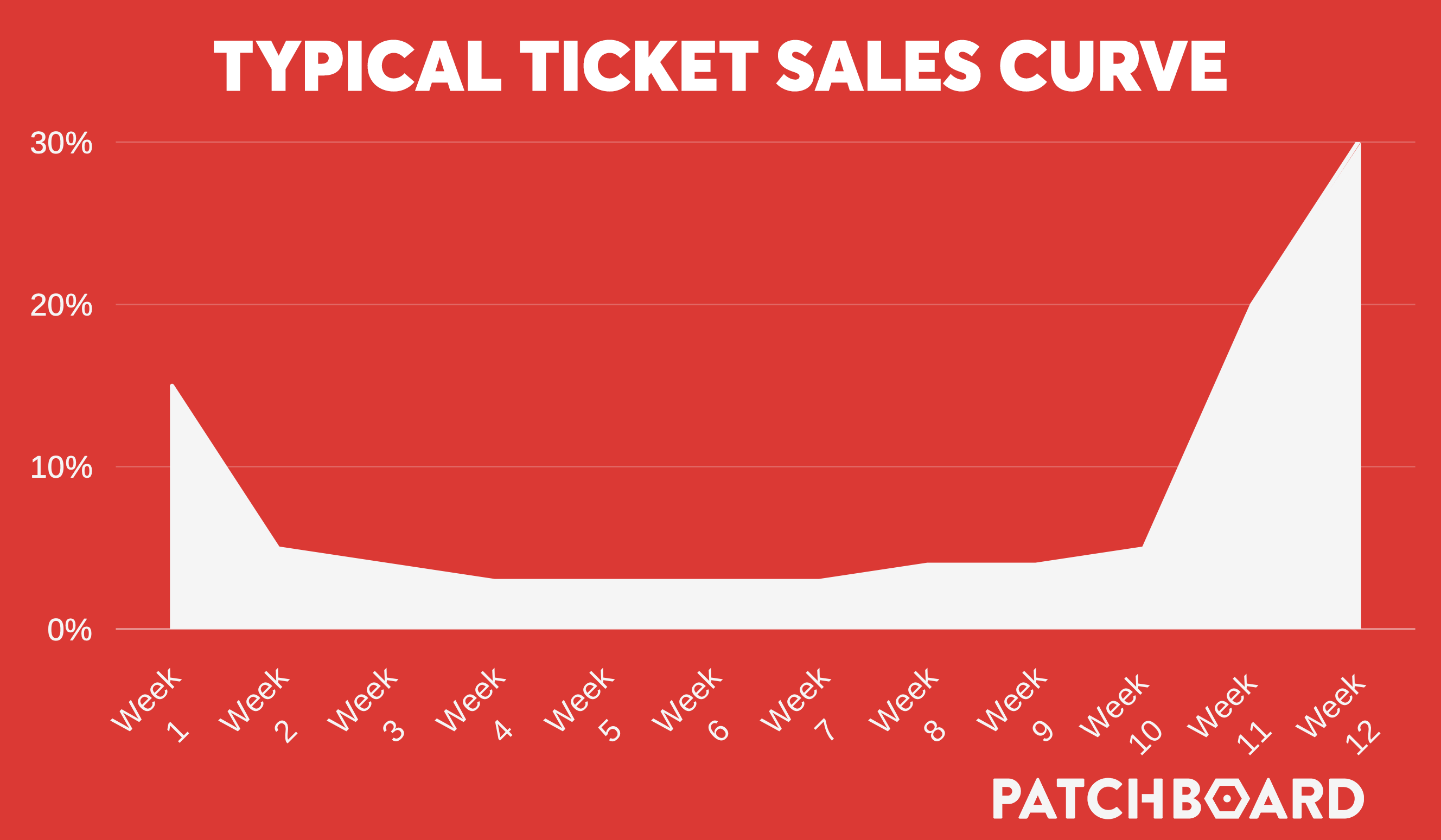
When Do People Buy Tickets
In general, tickets for live events have a very predictable sales curve:
- 20% Of Tickets sell within 2 weeks of the On-Sale.
- 30% Of Tickets sell between the on-sale period & 2 weeks before the event. (Maintenance Period)
- 50% Of Tickets sell during the final 2 weeks (The Closeout)
This inverted bell curve is a tough pill to swallow for many people new to the live entertainment business. Not all events sell at exactly this rate, but this is a good general rule. There are a few factors that influence when people purchase tickets:
Scarcity
- Fear Of Sellout: The motivation behind the 20% or so of fans that purchase during the on-sale period is FOMO (fear of missing out). These super-fans are going to the event no matter what. If there is a fear that the event will sell out then this on-sale % will rise significantly.
- Seat Location: Shows with reserved seating will typically have better on-sales than General Admission Events because people are very particular about where they want to sit.
Price
- Overpriced tickets will move slowly or not at all. It’s important to try to maximize your Gross Potential by making sure your ticket prices are not too low, but you don’t want to overprice your event.
- Price Increases: Festivals learned a long time ago that selling tickets in tiers or having pre-defined price increases are a great way to increase conversions early in the sales curve. Time periods leading up to a price increase have been known to account for 10% - 30% of total ticket sales for an event.
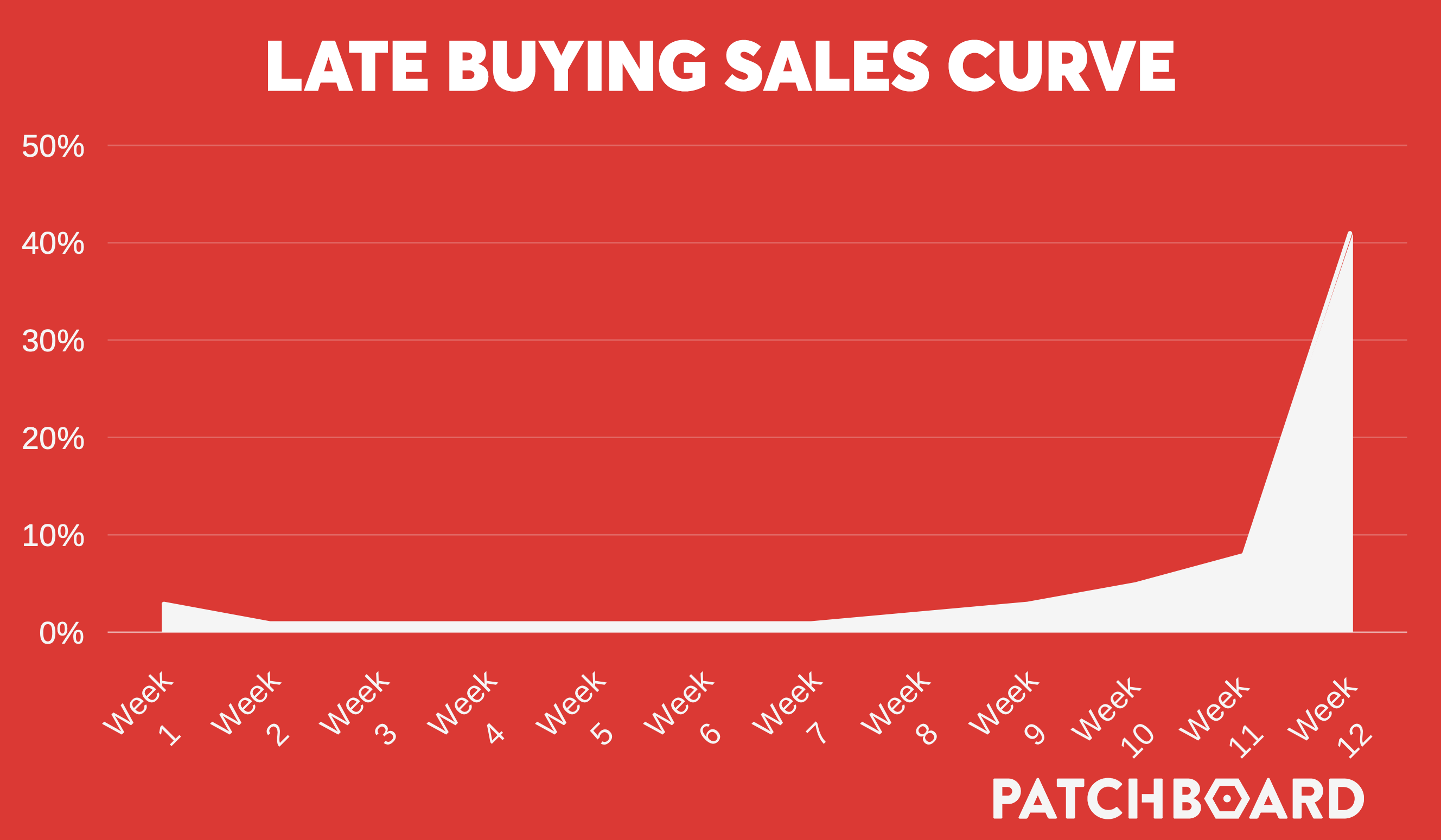
Some events have VERY late buyers
- Certain Genres: EDM, Jambands, Hip Hop
- Motorsports (Monster Trucks, Supercross)
- Family Shows For Toddlers (Think Sesame Street, Paw Patrol)
- Minor League Sports
- Artists playing rooms with no fear of a sellout (Local Bands, Small Club Shows)
Forecasting
If you have historical sales data you can create a forecast based on your ticket counts. This will be your best tool to calm the nerves of anxious tour marketers, managers, promoters, or tour managers. Most ticketing providers will allow you to download a file that shows daily ticket sales for a past event. Figure out how many days away from the event you are & compare your most recent ticket count to where you were at this point last time.
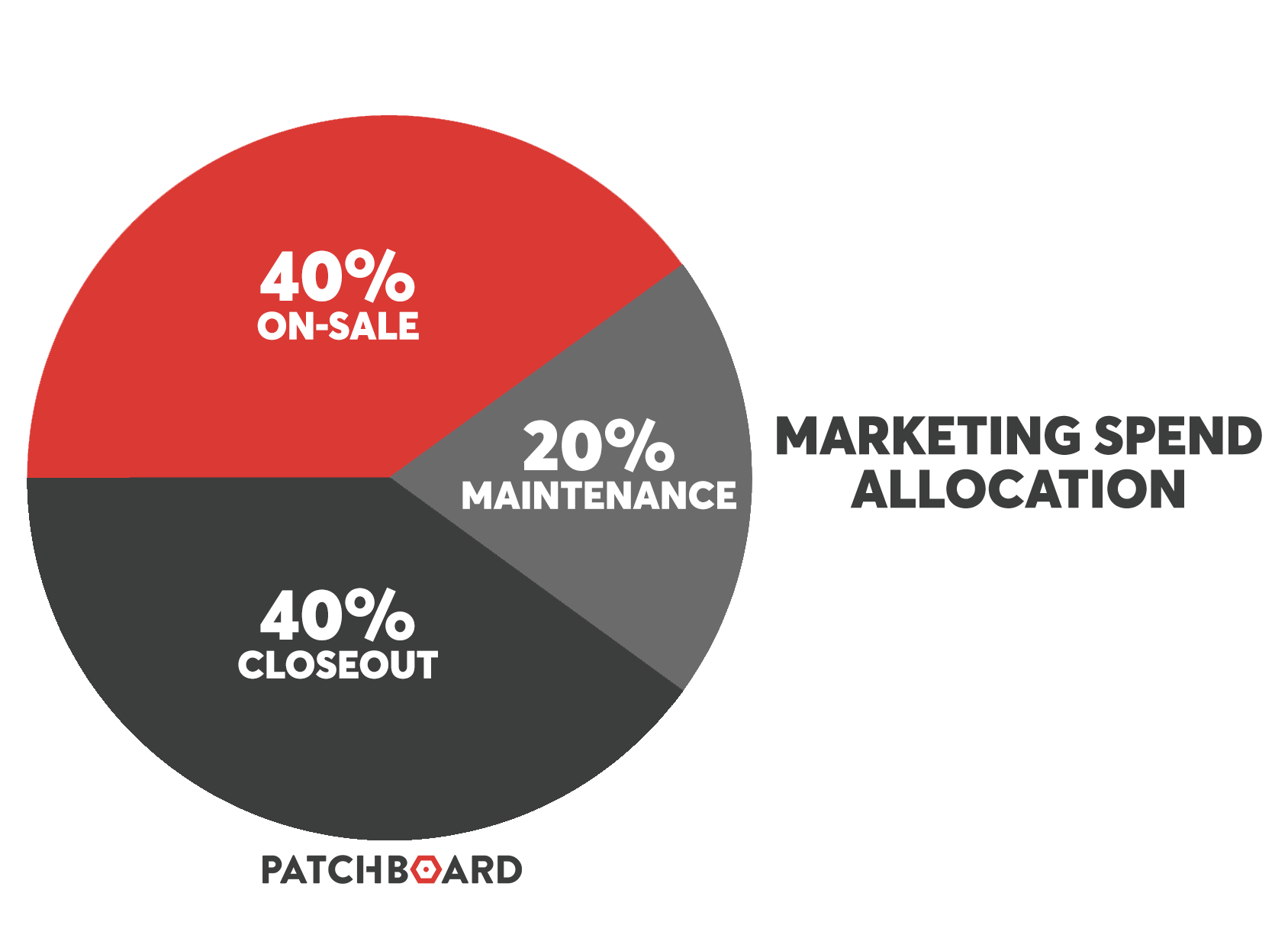
Marketing Spend Allocation
Creating a sound advertising plan in advance of putting your event on-sale is very important. Generally, you should allocate your marketing dollars like this:
- On-Sale: 40%
- Maintenance: 20%
- Closeout: 40%
If you notice that sales are lagging during your maintenance period it can seem advantageous to spend some of your closeout budget early to “give your ticket sales a jumpstart”. This rarely works out unless you are offering a discount or adding value to your tickets (adding an item like merch, meet & greet, or concessions). The consumer isn’t going to be more motivated to purchase simply because you reminded them about the event. If they were already procrastinating because there is no FOMO then you need to offer another incentive for them to act now.
Fair warning, if you develop a reputation for discounting your tickets a month out from the show you will essentially train your ticket buyers to wait for the discount next time. Plus, you will inevitably get some angry e-mails from people that already purchased full price tickets. Generally, Discounting distressed inventory is a horrible idea.
It’s important to remember that you allocated your closeout budget based on the knowledge that nearly 50% of your ticket sales can occur in the final two-weeks. Your conversion rate during the closeout period is going to be higher than any other period of time, so don’t let an anxious promoter talk you into spending the money too soon.
